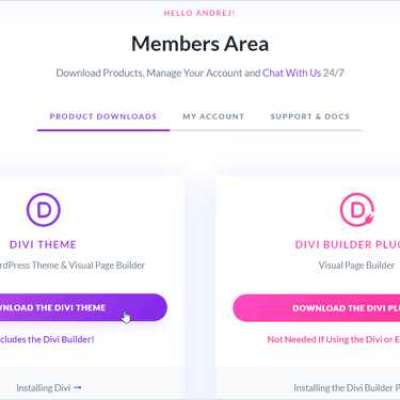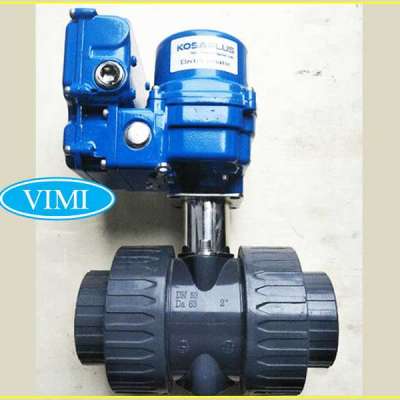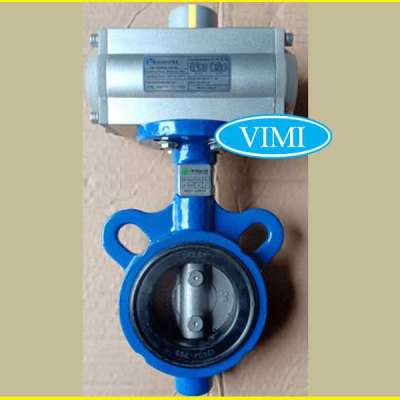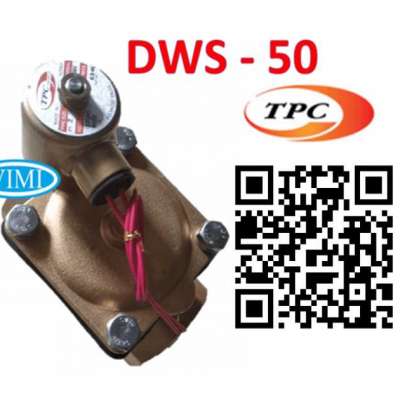Tips for Writing a Business Proposal Cover Letter
A business proposal cover letter is an important document that introduces your proposal and grabs the attention of the potential client. It can help make or break your chances of winning the deal. In this blog post, we will discuss some key tips for writing an effective business proposal cover letter.
Purpose of a Cover Letter
The main purpose of a business proposal cover letter is to entice the reader to want to read your full proposal. It highlights the main benefits and value your solution or service provides. An effective cover letter accomplishes the following:
Introduces Your Company
Provide a brief introduction of your company, its experience and expertise in the relevant industry or field. Help establish your credibility for the project.
Summarizes the Proposal
Summarize in 1-2 concise paragraphs what your proposal is about and the key elements it addresses. Refer to the "Elements Of a Winning Business Proposal Template" that you have tailored to the client's needs.
Emphasizes Benefits
Clearly state the key benefits and value the potential client will gain by selecting your proposal. Quantify benefits where possible to emphasize return on investment.
Calls to Action
Directly ask the reader to review your full proposal by providing a specific call to action e.g. "Please take time to review the enclosed proposal".
Format and Style Tips
The format and style of your cover letter is also important to make a good first impression. Here are some tips:
Use the same letterhead and fonts as your proposal for consistency of branding.
Address the cover letter to a specific person if possible rather than a generic title. Research to get the correct contact.
Keep it to one page with concise paragraphs of 3-4 sentences each.
Use a friendly, persuasive and benefits-focused tone without being overly salesy.
Have the letter signed physically by the appropriate executive, not just a digital/typed signature.
Ensure there are no grammatical or spelling errors which can create a poor impression.
Include important details like proposal name, date and your contact information.
Highlight Relevant Experience
Your cover letter is a good opportunity to highlight some of your most relevant experience and qualifications for the project:
Mention similar projects/clients you have successfully worked with in the past.
Quantify results and outcomes your past work has achieved where possible.
Emphasize any experience directly related to the client's industry or needs.
Provide case studies or client testimonials to support your capabilities.
Refer to any technical expertise, certifications or competitive advantages you possess.
This helps reassure the client you have the right experience and skills to deliver on the requirements outlined in their proposal request.
Address Important Factors
Be sure to specifically call out and address any important factors the client has emphasized that are must-haves for their proposal:
Refer to timelines, budgets or deliverable expectations if mentioned.
Discuss how you will meet or exceed their requirements and expectations.
Highlight the "Elements Of a Winning Business Proposal Template" you've included with it.
Address the client's pain points, challenges or goals they want to resolve.
Explicitly state you understand their needs and can fulfill them successfully.
Directly responding to their priorities increases your chances of resonating with the reader upfront.
Maintain an Urgent Tone
It's a good idea to convey a sense of importance and urgency in your cover letter to motivate the need for prompt review and action:
Mention any deadlines the client is working towards for their project.
Highlight time-sensitive opportunities or why speed is important given current industry conditions.
Refer to availability of popular products, services pricing specials that are time limited.
Close by politely urging or requesting timely review to take advantage of opportunities.
This helps paint your proposal as a priority they need to address immediately versus later.
Call to Review Proposal
Your cover letter should culminate with a clear call to action to review your full proposal document:
Thank the contact for their time and consideration.
Reiterate why you are well-suited for their needs better than competitors.
Politely request a meeting to discuss further if desired.
State you are available to provide any other information they require.
Leave contact details for next steps and to answer questions.
Closing on an action creates an open loop for follow up and drives urgency for the reader to progress.
Conclusion
A professional, well-written cover letter can be the difference between your proposal being enthusiastically reviewed or passed over. Following these tips will help you create a compelling introduction to your business proposal that increases your chances of winning new deals and clients.
Read Related:- https://medium.com/@jamesespin....osa926/key-elements-
Curtir
Comentario
Compartilhar















